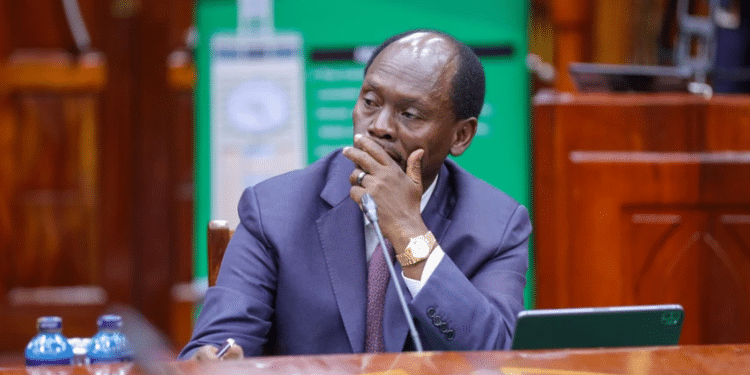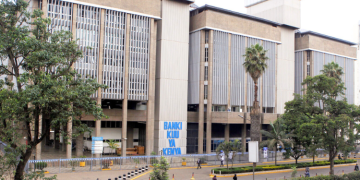Kenya Editors Guild (KEG) has condemned the communication Authority for Kenya (CA) after its statement ordering suspension of live broadcasting of the ongoing Gen Z protests.
In a statement on June 25, KEG stated that CA’s claims that media outlets had gone contrary to Article 33 and 34 is legally and factually flawed.
“CA’s claim that it is acting under Articles 33 and 34 of the Constitution is legally and factually flawed. These provisions protect free expression, with clear limits only on hate speech, incitement, and propaganda—not on responsible journalism. Live, factual reporting by licensed media is not a threat—it’s a civic duty,” read the statement.
KEG Issues Key Demands
In its response, the KEG has issued the following demands to CA; including immediate withdrawal of the “illegal directive without delay”.
In addition, the body of Kenyan editors has asked CA to respect Judicial Orders issued in 2023 and protect the public’s right to know.
“Live coverage ensures accountability, transparency, and public trust,” noted KEG.
The KEG has also asked Parliament and the Judiciary to investigate CA’s conduct and enforce compliance with the Constitution.
Communication Authority Bans Media Outlets
Earlier the Communication Authority of Kenya ordered all television and radio stations to stop live coverage of the ongoing protest.
The authority stated that it is illegal for the media broadcasters to cover the ongoing June 25, protests.
“This is therefore to direct all Television and radio stations to stop any live coverage of the demonstrations forthwith,” read part of the statement.
According to the authority, the live coverage of the demonstrations is contrary to Articles 33(2) and 34(1) of the constitution of Kenya and Section 461 of the Kenya Information and communication Act, 1998.
Additionally, the authority has warned media outlets that fail to abide by the directive will face regulatory action as stipulated in the Kenya information and communication Act 1998.
Further, it has urged the media houses to cooperate with the orders.
What Article 33(2) Says
Article 33(2) explains what the freedom of expression does not extend to, which includes;
- Propaganda of War
- Incitement to violence
- Hate speech
- Advocacy of hatred that constitutes to ethnic incitement, vilification of others or incitement to cause harm or is based on any ground of discrimination specified or contemplated in article 27(4).
Also Read: Communications Authority Issues Notice to Importers of ICT Products
Section 461 of the Kenya Information and Communication Act
The Kenya Information and Communication Act, 1998 is a provided framework for regulating the communications sector in Kenya.
Section 461 gives power to the Communication Authority to regulate licensed media outlets and penalize unlicensed transmissions.
Also Read: Communications Authority (CA) to Investigate Sim Cards Under Pastor Mackenzi
June 25 Protest Coverage
Wednesday marked exactly one year since the June 25, 2024, Finance Bill protests, during which several young Kenyans lost their lives in violent confrontations with police.
What began last year as a GenZ-led peaceful demonstrations against high taxation turned into a national tragedy a defining moment for a generation.
In remembrance of those killed, many of whom were students and first-time protestors, today’s demonstrations are being framed not just as a protest, but a memorial.
This has led to closure of multiple roads leading into Nairobi CBD ahead of planned Gen Z-led protests has forced people to walk into the city center.
Additionally, protestors have been teargassed by the police in the bid to stop the demonstrations.
Follow our WhatsApp Channel and X Account for real-time news updates.










































































